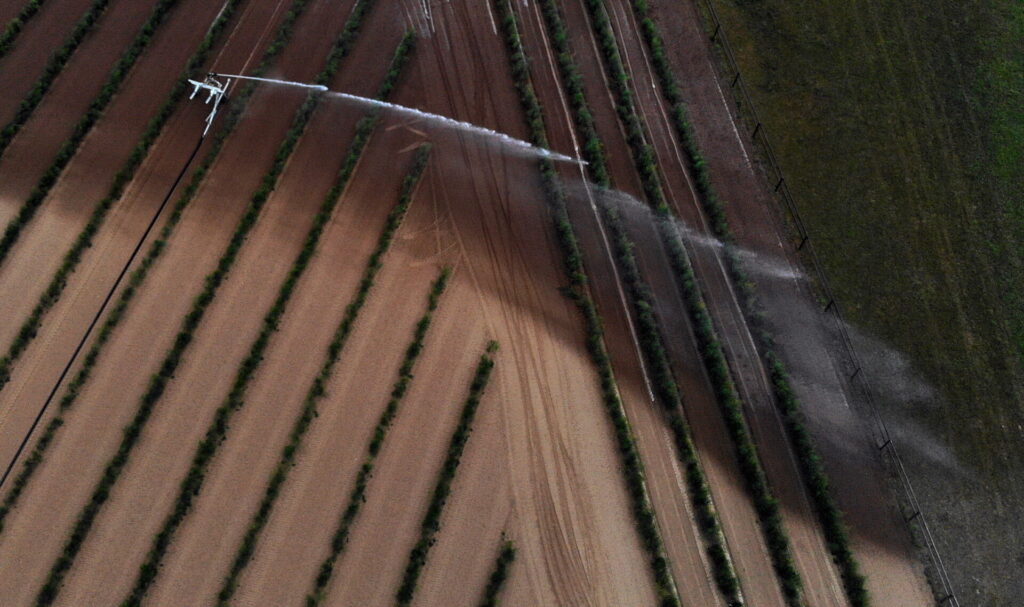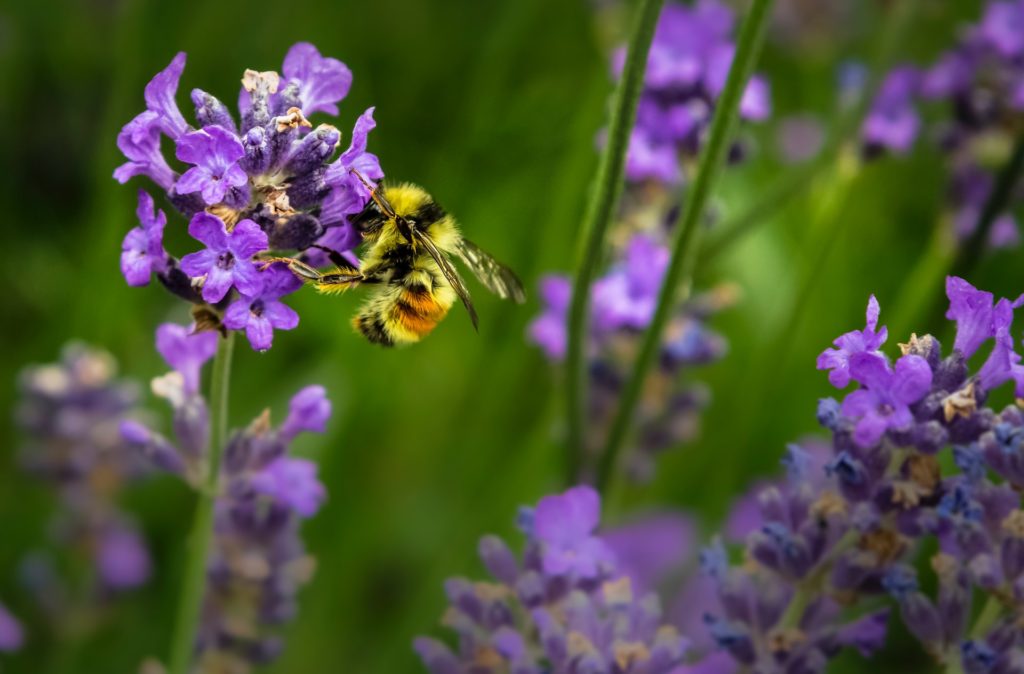The European Parliament finally approved the Nature Restoration Law on Tuesday – setting a target for the EU to restore at least 20% of its land and sea areas by 2030, and all ecosystems in need of restoration by 2050.
The agreement between Parliament and Member States' negotiators was already reached in November 2023, after the draft law had caused considerable controversy after the European People's Party (EPP)'s campaign to water down the text at the end of 2023.
Today, the law – one of the cornerstones of Commission President Ursula von der Leyen's Green Deal – was adopted with 329 votes in favour, 275 against and 24 abstentions. It also survived a late push by right-wing groups (EPP, ECR, ID and a small section of centrist Renew) to reject it, which failed to garner enough votes.
"Today is an important day for Europe, as we move from protecting and conserving nature to restoring it," said rapporteur and Spanish MEP César Luena (S&D) after the vote. "The new law will also help us to fulfil many of our international environmental commitments."
"The regulation will restore degraded ecosystems while respecting the agricultural sector by giving flexibility to Member States," he said, thanking scientists for providing the scientific evidence and fighting climate denial as well as young people "for reminding us that there is no planet B, nor plan B."
With over 80% of European habitats in poor shape, the EU Nature Restoration Law aims to restore degraded ecosystems in all Member States, help achieve the EU’s climate and biodiversity objectives and enhance food security.
To reach the overall targets, EU countries must restore at least 30% of habitats covered by the new law (from forests, grasslands and wetlands to rivers, lakes and coral beds) from poor to good condition by 2030, increasing to 60% by 2040, and 90% by 2050.
Until 2030, they should also give priority to Natura 2000 areas – which is a network of protected areas covering Europe's most valuable and threatened species and habitats, both on land and at sea. Once in good condition, Member States must ensure that an area does not significantly deteriorate by presenting national restoration plans.
Agriculture ecosystems
"This law is about saving the basis for our survival, our nature. Only by restoring destroyed ecosystems can we stop the extinction of species and the EU climate targets achieved," said MEP Jutta Paulus (Greens/EFA).
"The loss of biodiversity threatens farmers. Without intact ecosystems, there is no clean drinking water, no clean air and no fertile soil. And only healthy ecosystems can mitigate the effects of climate change such as droughts, fires and floods," she added.
To improve biodiversity in agricultural ecosystems, EU countries will have to make progress in two of the following three indicators: the grassland butterfly index, the share of agricultural land with high-diversity landscape features, and the stock of organic carbon in cropland mineral soil.

Credit: Belga / Eric Lalmand
Measures to increase the common farmland bird index must also be taken as birds are good indicators of the overall state of biodiversity.
Additionally, as restoring drained peatlands is one of the most cost-effective ways to reduce emissions in the agricultural sector, EU countries must restore at least 30% of drained peatlands by 2030 (at least a quarter shall be rewetted), 40% by 2040 and 50% by 2050 (where at least one-third shall be rewetted). Rewetting will remain voluntary for farmers and private landowners.
The law also provides for an emergency brake – as requested by Parliament – so targets for agricultural ecosystems can be suspended under exceptional circumstances if they severely reduce the land needed for sufficient food production for EU consumption.
Other ecosystems
The law also wants to improve forest ecosystems and calls for an additional 3 billion trees to be planted. Member States will also have to restore at least 25,000 km of rivers into free-flowing rivers (which means it is largely unaffected by human-made changes to its flow and connectivity) and ensure there is no net loss in the total national area of urban green space and of urban tree canopy cover.
"The vote is a success for the preservation of biodiversity and climate protection in the EU, for farmers and food safety. It is a victory for the many environmental organisations and businesses that have been fighting for the Nature Restoration Law for months," said Vice-president of the Environmental Committee Bas Eickhout (Greens/EFA).
"Now, it is important that we make the Green Deal future-proof for the next legislative period. The EPP must show that they stand behind the Green Deal and the head of the European Commission from their own party and will not fall for the populist call of the far-right."
Before the vote on Tuesday morning, Manfred Weber, the chair of the EPP – the largest group in Parliament – had announced that his group would vote against the agreement. He said that while the EPP is "fully committed" to the fight against climate change and biodiversity goals, "this law imposes additional bureaucratic rules on our farmers."

Tractors blocking the road at a protest action in the European district on Thursday 01 February 2024. Credit: Belga/Dirk Waem
However, several major European businesses strongly welcomed the agreement, said Ursula Woodburn, Director of Cambridge Institute for Sustainability Leadership (CISL)'s Europe office and the Corporate Leaders Group Europe.
"Businesses across Europe and the world understand that both climate and nature action are equally important – and that the continued degradation of our natural world threatens their own sustainability efforts," she told The Brussels Times.
"It is abundantly clear that investing in nature restoration brings huge benefits to businesses, the economy and local communities, providing jobs and better local environmental quality. Now it is time to ensure an effective and robust implementation of the law."
Approved by Parliament, the law will now also have to be adopted by the Council. This, however, is considered only a formality as all EU Member States already agreed to the plans during the negotiations.

